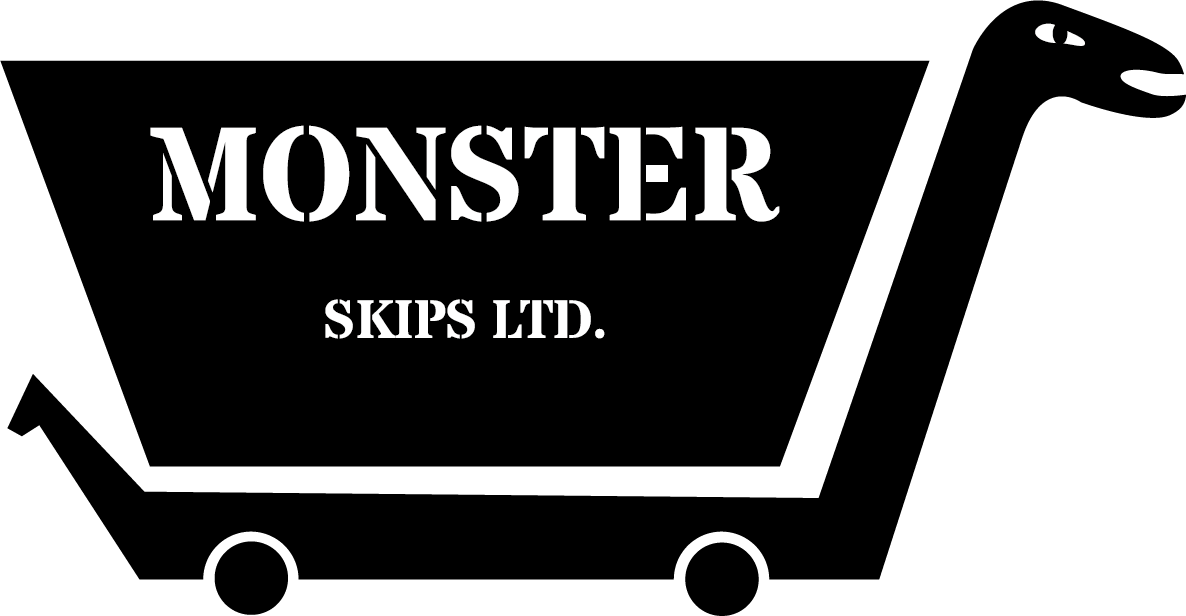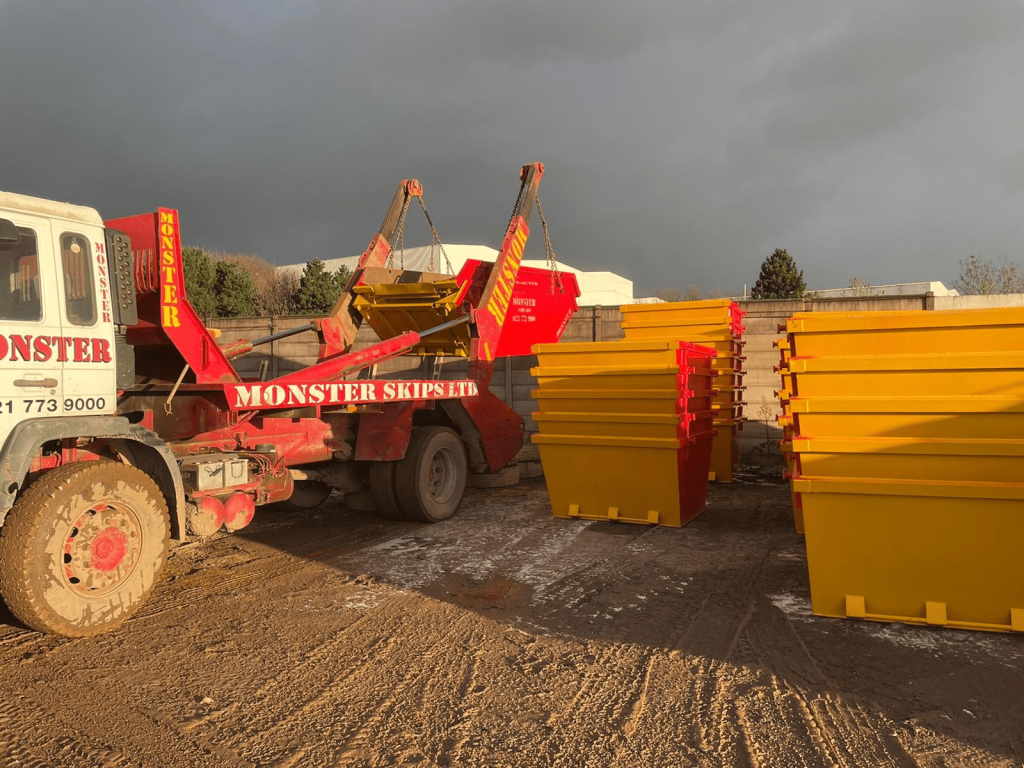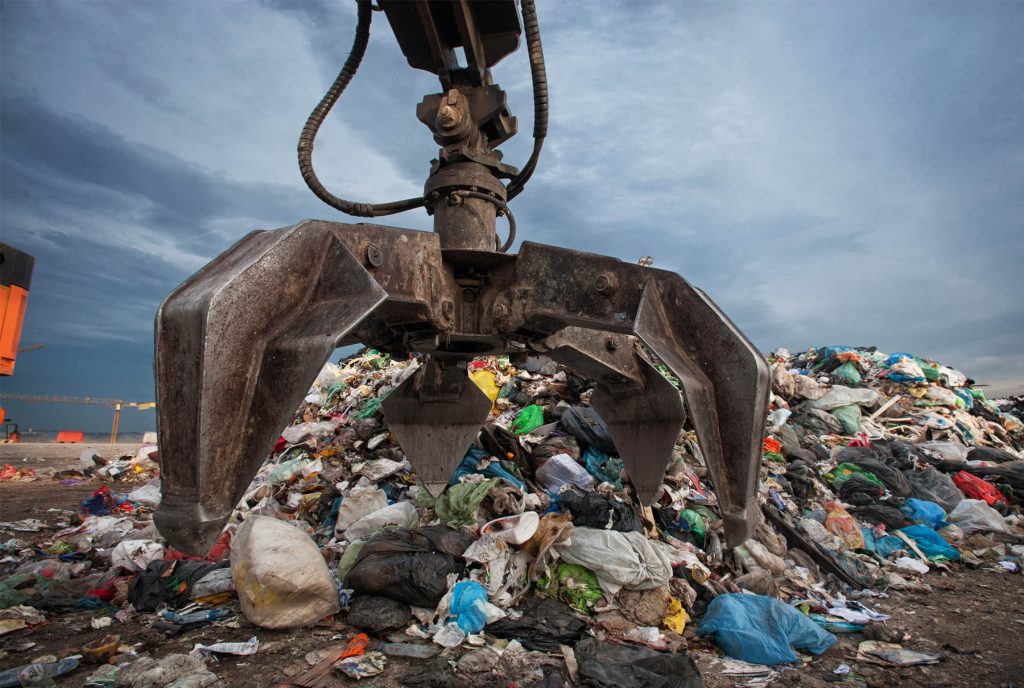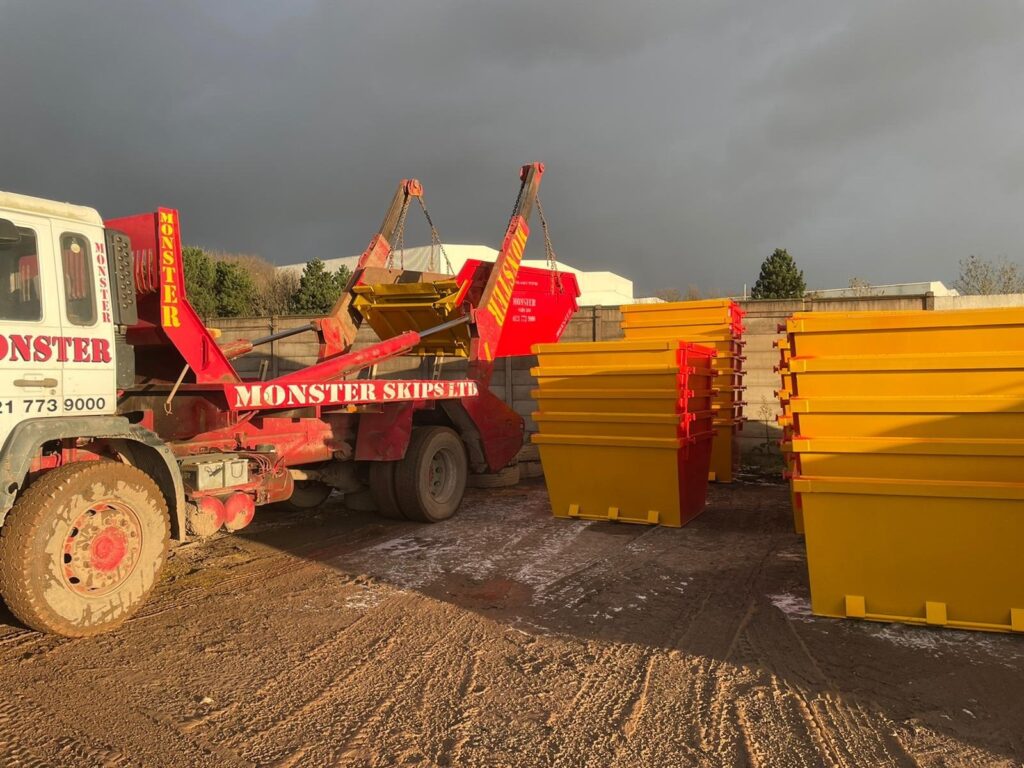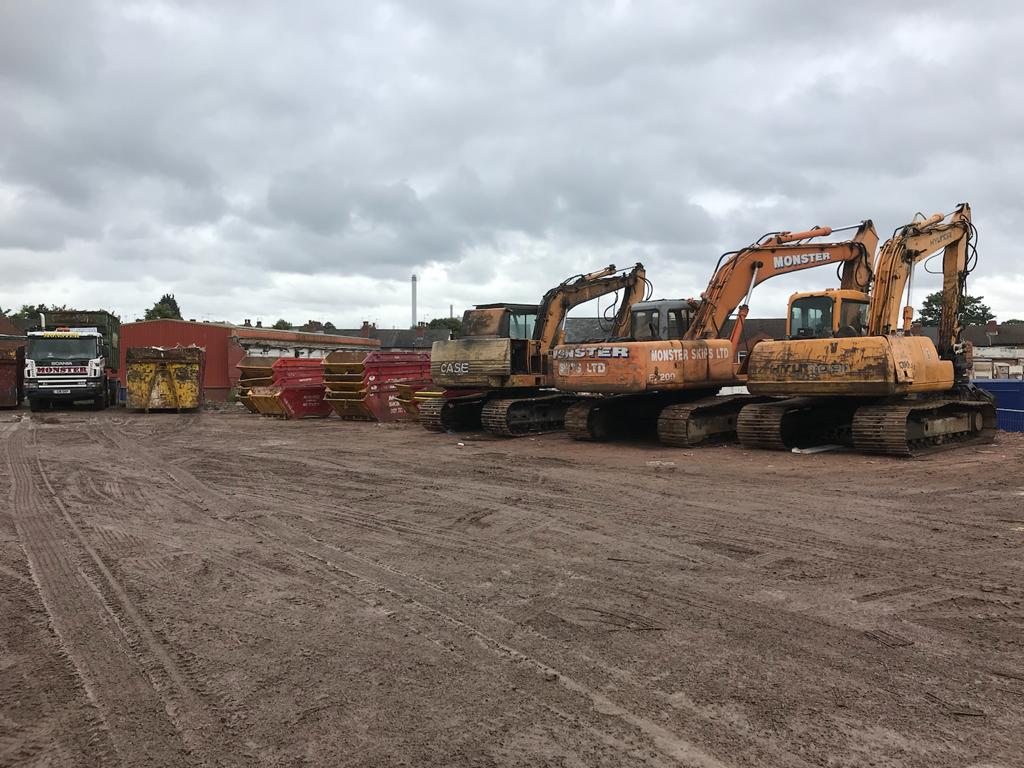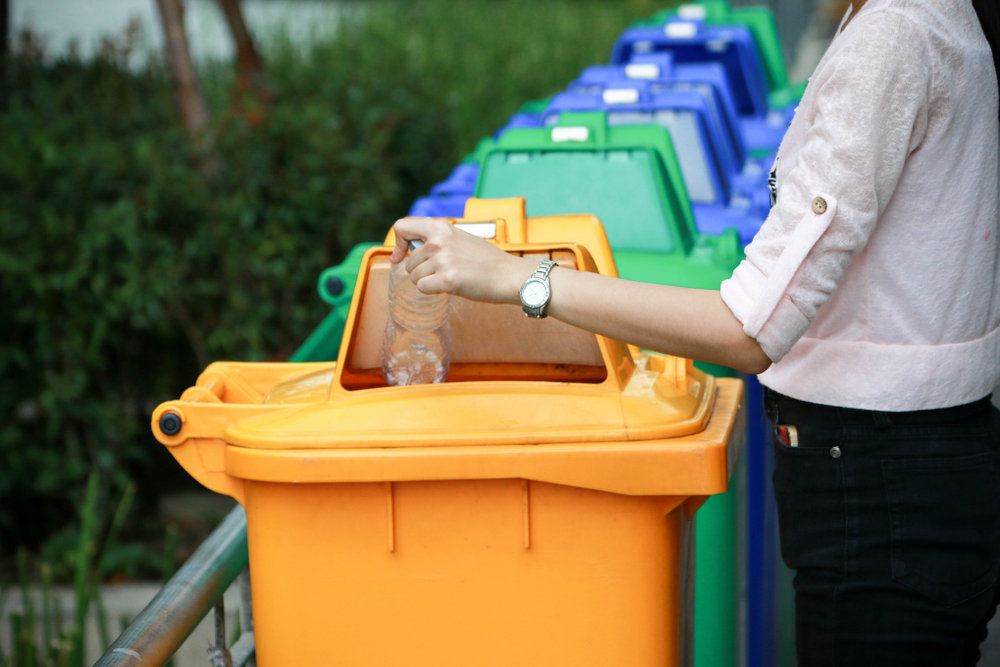

What are the different types of waste?
Waste is categorised into 5 different types of waste, liquid waste, solid waste, organic waste, recyclable waste and hazardous waste. It’s vital that in the times of an overpopulated world and an environmentally unstable climate that we take up the fight, tackling climate change to create a more positive future.
So, you want to learn about different types of waste and ways to master the art of waste management? You’re in the perfect place. We usually give waste management no second thought, but there is no better time to act and make a positive difference for our planet.
Different types of waste
Liquid waste
This type of waste refers to grease, oil, sludges, wash water and dirty water. These are classed as hazardous to ourselves and our environment and are found in households and industries.
Liquid waste can be removed via three different methods; containment, treatment and disposal. Containment involves storing this waste in barrels so it can be taken out of our environment. Treatment involves recycling the waste to use elsewhere. Disposal occurs when there is no other way of reusing this waste, where it will be disposed of.
Solid waste
This type of waste is classed as anything found in industrial or commercial locations. This could include sludge, garbage and refuse. There are 5 types of solid rubbish which include:
- Glass and ceramics: Many companies will offer to collect ceramics and glass, but these must be disposed of correctly.
- Plastics: As we all know, these plastics don’t biodegrade easily and the majority cannot be recycled. You must not mix plastic rubbish with any regular waste- sort these before throwing them away.
- Paper: Paper is easily recycled as we all know. This can include cardboards, newspapers and other paper products.
- Metals: The majority of metals are easily recycled, so you can take them to a scrap yard or get them removed by a waste company.
Organic waste
This type of waste is commonly found in homes or restaurants – where people tend to eat! Organic waste can consist of garden waste, rotten meat and other food waste. As time passes, organic waste will decompose and form into manure, thanks to the action of microorganisms. A huge benefit to organic waste is that it can turn into green energy, as when it decomposes, it releases methane. This is great for the environment in one way, but it should not be thrown into regular waste. Instead, you can dispose of this waste in a green bin.
Recyclable waste
This can consist of certain items like furniture, metals and organic waste. Look at the product information on the packaging to see if these items are recyclable, as some of them won’t be.
Hazardous waste
This can include anything that is harmful to either the environment or us. This is due to the fact that hazardous waste contains corrosive, flammable, reactive and toxic substances.
You can dispose of hazardous waste by recycling in some situations. Otherwise, the hazardous waste should be completely destroyed by incineration and destruction, pyrolysis or disposal in landfill sites.
What can we do to help?
If you would like your waste to be disposed of correctly, you must follow the guidance on where to dispose of your waste. Reading this blog is a great start to finding out how to categorise your waste, now it’s time to take the next step. If you need waste removal, you can hire a skip or commercial waste removal from Monster skips. We dispose of our waste in the best way possible, trying to recycle everything we can and compartmentalizing the different types of waste to ensure efficient waste disposal.
Thank you for reading our blog ‘What are the different types of waste?’. Take a look at our website today.
Read more: What size skip do I need?
